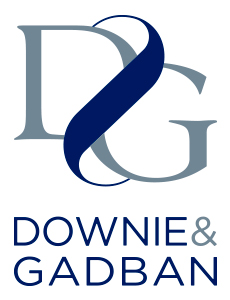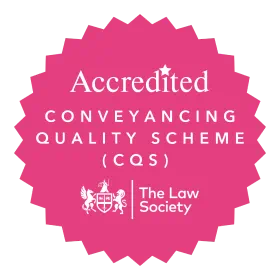Our highly experienced Dispute Resolution team has the knowledge and expertise to assist clients in a broad range of commercial and private disputes.
We act for clients in all types of disputes, representing Claimants, Defendants and interested parties in the County Court and High Court, arbitrations, specialist tribunals (such as the Property Chamber) and in alternative dispute resolution procedures such as mediation.
We provide clear and pragmatic advice to help clients understand the law and procedures and all of their available options, empowering them to adopt the right strategy with confidence. Our robust and practical approach, technical expertise and longstanding experience gives our clients the best chance of success – and our track record is such that we regularly receive referrals from satisfied former clients.
We aim to resolve disputes without the need for legal proceedings wherever possible, but where court action is necessary, we have the skills, tenacity and experience to secure the optimal outcome for our clients.
We also provide advice to business and private clients to help them avoid future disputes and/or to maximise their position should a dispute ever arise.
CONTACT US
If you wish to discuss a case with us, please contact our dispute resolution specialist, Robert Small on 01420 81275. Alternatively, please fill in the form below.
Areas of expertise in dispute resolution
The types of dispute resolution work we regularly carry out include:
Commercial Disputes
- Contract, including breach of contract claims, misrepresentation, business loans, restrictive covenants, breach of confidence, sales of goods and services
- Property, including ownership, development projects, residents’ management companies, enforcing covenants, unauthorised use of premises (such as short-term letting, Airbnb hosting, holiday letting), rights of way and other proprietary rights over land.
- Commercial landlord and tenant, including business lease renewals, enforcement of lease terms, forfeiture and possession, break clauses and dilapidation claims.
- Shareholder disputes, including unfair prejudice, ‘deadlock’ situations, ‘rogue’ shareholders, share transfers and shareholders’ agreements.
- Partnership disputes, including professional practice partnerships.
- Recruitment fee claims, including ‘back-door hires’, disputed introductions, ‘effective cause’ cases and multi-agency disputes.
- Employment claims, including employer/employee disputes, constructive/unfair dismissal, redundancies, restrictive covenants and settlement agreements.
- Building / construction disputes, including standard form construction contracts (JCT, NEC etc), adjudication and arbitration.
- Negligence claims, including professional negligence committed by solicitors, architects, managing agents, surveyors and accountants.
- Business / brand disputes, including intellectual property, domain names, website content, ‘passing off’ claims.
Private Disputes
- Contract, including breach of contract claims, misrepresentation, sales of high-end goods (such as prestige motor vehicles) and defective services.
- Property, including disputed ownership, constructive trusts, proprietary estoppel, rights of way, covenants and other proprietary rights over land, boundary disputes, nuisance and trespass.
- Financial claims, including personal guarantees, loan agreements, and contribution claims.
- Wills, inheritance and trusts, including validity of Wills, claims under the Inheritance Provision for Family and Dependants) Act 1975, appointment of personal representatives, breach of trust claims.
- Employment claims, including employer/employee disputes, constructive/unfair dismissal, redundancies, restrictive covenants and settlement agreements.
- Building / construction disputes, including standard form construction contracts (JCT, NEC etc), adjudication and arbitration.
- Negligence claims, including professional negligence committed by solicitors, architects, managing agents, surveyors and accountants.
“Great conclusion to a painful issue! It was a relief to pass this matter to Robert Small to deal with on my behalf. Timely and pragmatic communication all the way through the process. The resolution that was reached was most certainly a success versus the original situation!”
“Solid advice delivered in layman’s terms: we sought out advice from Downie & Gadban after they were recommended by our accountants, Wallis White & Co. We received excellent advice delivered in clear, easy to understand terms and in double quick time. We would not hesitate to use them again and would recommend them.”
“Robert Small – The best litigation solicitor in the South! We have used Robert Small for the best part of eight years and he has dealt with 100s of dispute cases for us. Robert balances the need of extremely sensitive pragmatism to being more forceful and direct in order to gain the desired outcome of win/win scenarios. We trust him implicitly to deal with any litigation matters we encounter and the firm Downie & Gadban with any other legal issues we need to instruct a specialised solicitor for.”




